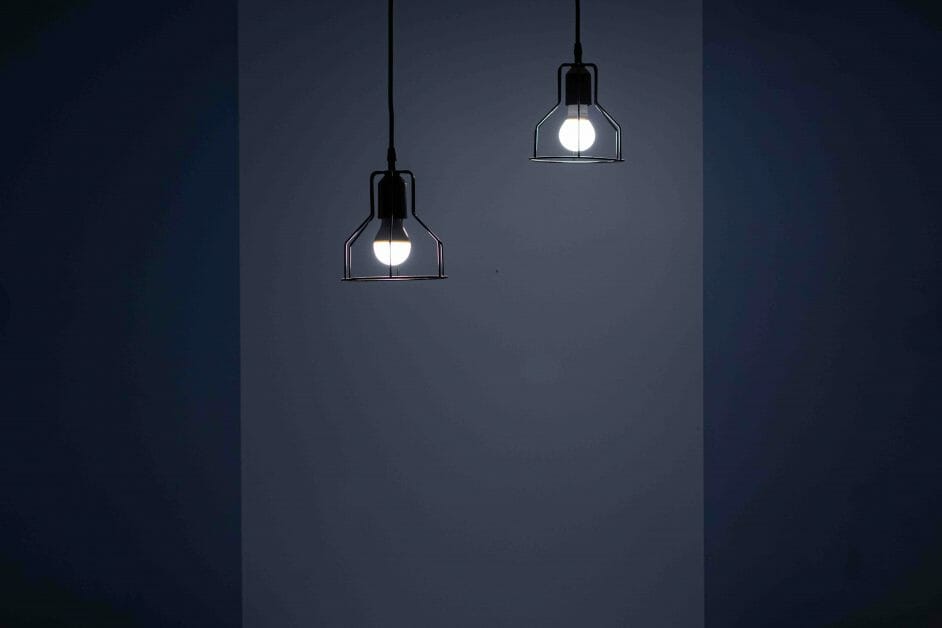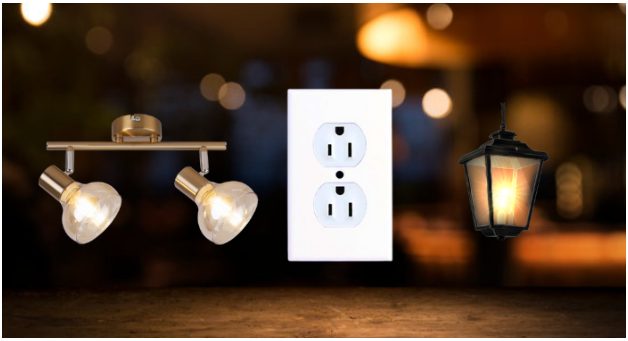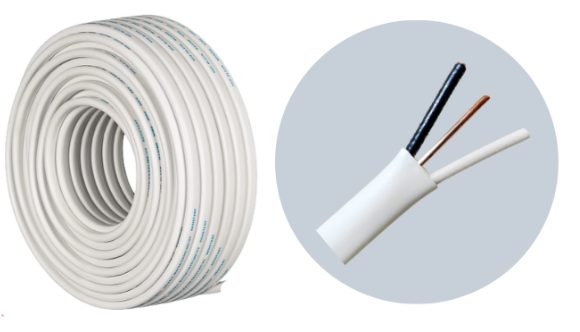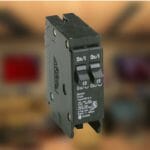What is 14/2 Wire Used For (Guide)

Electrical wires are available in various sizes and gauges to match a circuit’s amperage. Each has a specific purpose and capacity, and the smaller/thinner the wire is, the higher the number. In residential electrical work, the most frequent wire sizes are 10-gauge, and 12-gauge, and the focal point of this article which will be discussed in detail is the 14-gauge, specifically 14/2.
In general, a 14/2 wire is used for light fixtures and outlets with a maximum of a 15-amp circuit. If the outlet is more than 15-amps, such as a 20-amp circuit, a 14/2 wire will be insufficient and could lead to overheating and electrical fire.
So, let’s delve into more detail on what a 14 2 wire is used for and other details about its capacity and safety.
Uses of 14/2 Wire

Various wire sizes are suitable for multiple applications in your home. For example, the 14/2 wire is typically used to power low-amperage outlets, lamps, and light fixtures on 15-amp circuits. It’s the maximum amperage that a 14/2 wire can handle and provide sufficient power. So, as long as it’s on a 15-amp circuit, you are safe to use it with a 14/2 wire. However, if it’s higher than 15-amps, such as a 20-amp circuit, your 14/2 wire could provide insufficient power, which leads to electrical risks. In that case, you need to upgrade to a much more capable and thicker wire, such as the 12/2-gauge wire.
Understanding 14/2 Wires
In a 14/2 electrical wire, the number 14 indicates the gauge of the conductor, while the number 2 means the number of conductors within the cable. A 14/2 wire is a jacketed electrical cable with three 14-gauge electrical conductors:
- Black and White “Hot” Wires – they transfer current from the panel to the item, which could be a switch, receptacle, light fixture, or appliance. Other colors for hot wires exist, although they’re far less prevalent.
- Ground Wire, Green or Bare Copper – in a ground fault, the ground wire provides a channel for the fault current to return to the panel, opening the breaker or blowing a fuse and cutting off the electrical supply.

Pros
- It’s less expensive than 12/2-gauge wires and other thicker electrical wires.
- It’s more adaptable, which makes it simpler to deal with.
Cons
- A 14/2-gauge wire on a 15-amp circuit provides insufficient power for AC units, power tools, and other appliances to operate safely and effectively.
- If you use 14-gauge wire and wish to update the outlet to 20 amps later, you’ll need to rip it first, then replace it with 12-gauge wire, it’s a lot of electrical work.
Safety Precaution
14-gauge wire and 15-amp circuits cannot be used throughout your property because some appliances and power equipment demand 20 amps, such as window air conditioners, shop vacuums, etc. Therefore, your outlet must be at a 20-amp circuit, especially in your kitchen, bathroom, outdoor, and garage. As a result, it will also require you to install a 12/2-gauge wire instead of a 14/2-gauge wire to provide appropriate power and electricity for your 20-amp circuit. Most home builders utilize 12-gauge wire to connect all outlets to 20-amp circuits.
FAQs
What’s the maximum amperage that a 14/2 wire can safely carry?
14/2 wires are safe to use on circuits with up to 15 amps of current. Using 14/2 wire on more than 15 amps, such as a 20-amp circuit, is unsafe. Hence, to have safe electrical wiring, it’s best to select the appropriate wire gauge based on the circuit amperage.
How can I determine my circuit’s amperage?

Locate and open your breaker box to ascertain the amperage of the circuit you’re working on. Then, locate the breaker that controls your outlet’s electricity. The breaker’s handle should have the amperage stamped on it. A 15-amp breaker is indicated with a “15,” while a 20-amp breaker is shown by “20.” Circuits that power large appliances are likely to have higher numbers.
What happens if I run a 14/2 wire on a 20-amps circuit?
14-gauge wire isn’t designed to carry that much current. When you force a 14-gauge wire to take 20 amps of current, it will overheat, causing the breaker to trip or an electrical fire. In the best situation, the breaker will trip to avoid dangerous overheating, but it will lose the power to the circuit. In the worst case, a 20-amp circuit with 14-gauge wire will overheat to the point of causing an electrical fire. (1)
How many outlets can a 14/2 wire support?
With your 15-amp circuit wired with 14/2 copper wire, you can power up to eight electrical receptacles. The majority of outlets have two electrical receptacles, although some have four. Using 14-gauge electrical wire, you may connect four 2-receptacle outlets or two 4-receptacle outlets to a single 15-amp circuit. However, if you aim to safely power more than eight receptacles, consider upgrading to a 20-amp circuit with thicker electrical wiring, such as a 12-gauge wire.
Can 14/2 Romex be used to wire outlets?

Romex electrical cable is nothing more than 14-gauge wire wrapped in a nonmetallic wrapping. This coating helps you pull the cable through conduits more quickly, but it does not affect the wire’s ability to carry electricity. The Romex 14/2 and the regular 14/2 are the same and offer the same capacity. As a result, 14/2 Romex cable can be applied to circuits where the regular 14/2 wire can be safely used. It means that 14/2 Romex can also power outlets on a 15-amp circuit. However, you must also use a stronger Romex cable when wiring outlets on a circuit with amperage greater than 15 amps to comply with the electrical code. (2)
Take a look at some of our related articles below.
- What size wire for 30 amps 200 feet
- What size wire for electric stove
- What gauge wire from battery to starter
References
(1) force – https://www.britannica.com/science/force-physics
(2) electrical code – https://www.techtarget.com/searchdatacenter/definition/National-Electrical-Code-NEC
